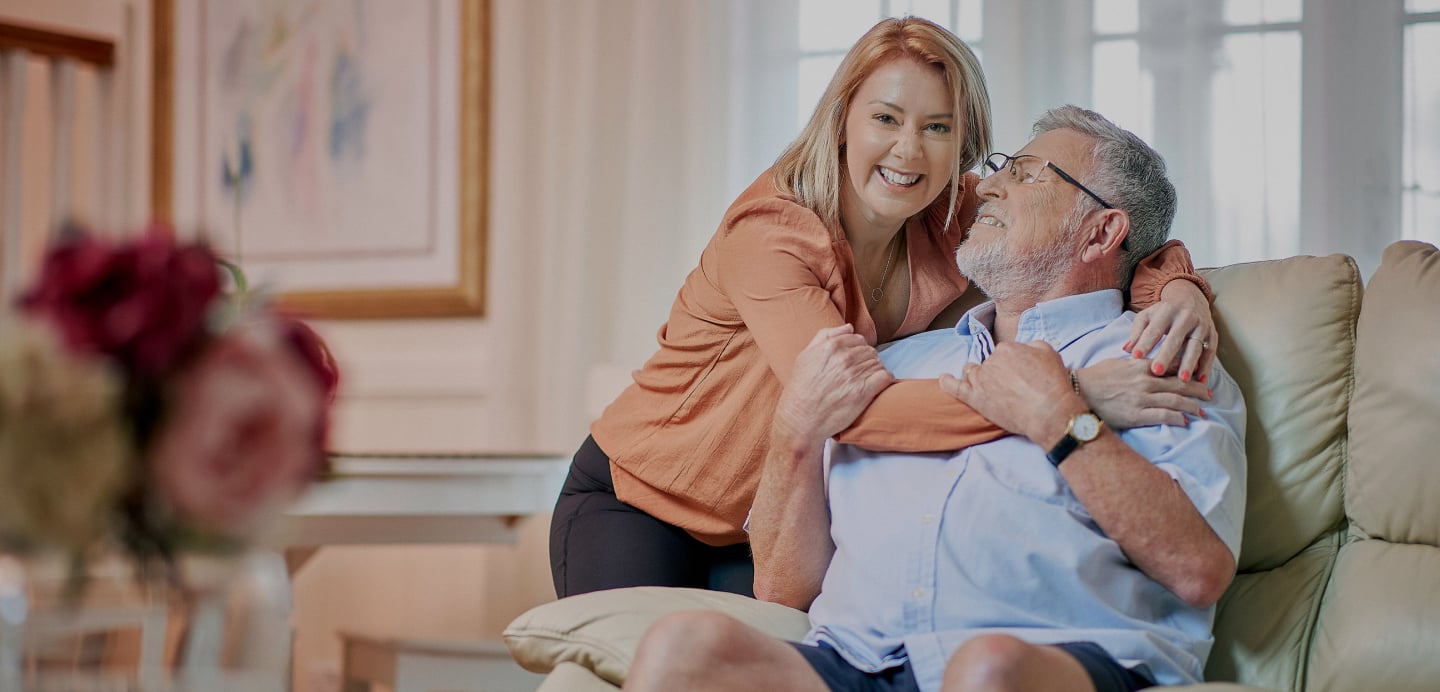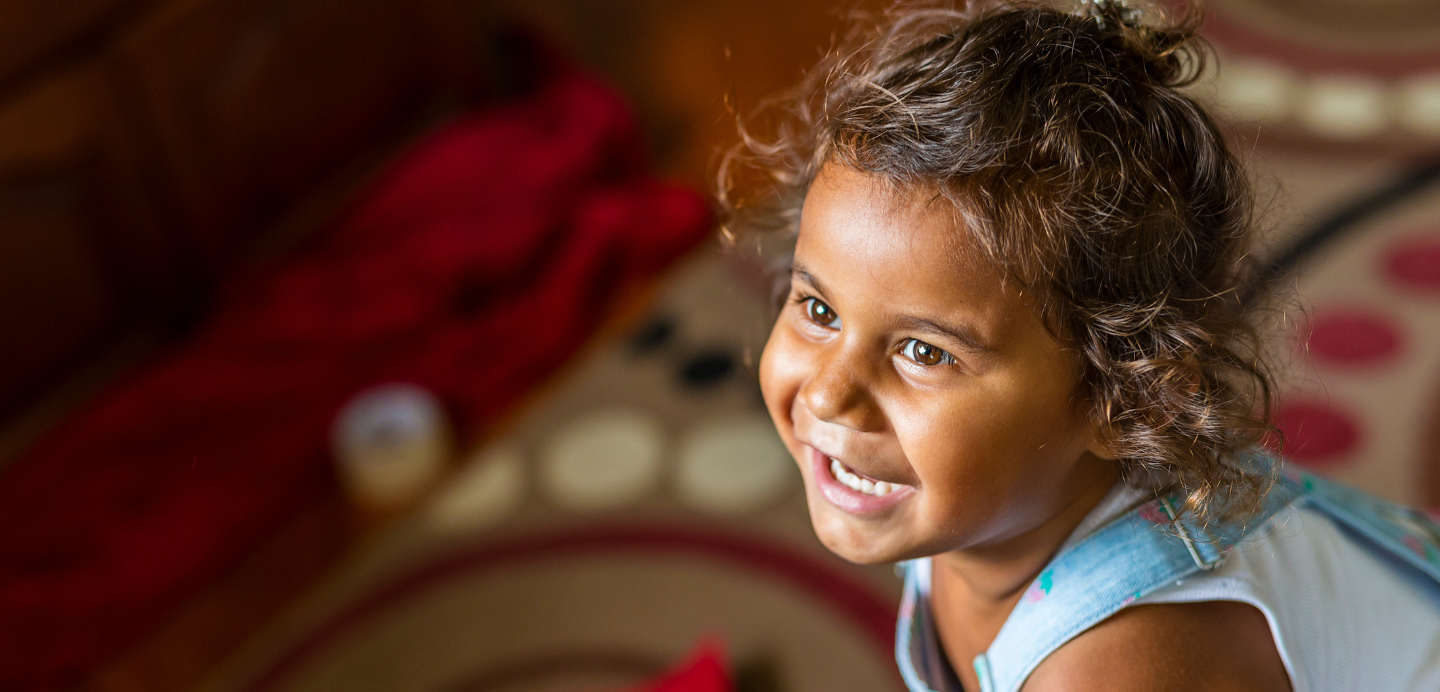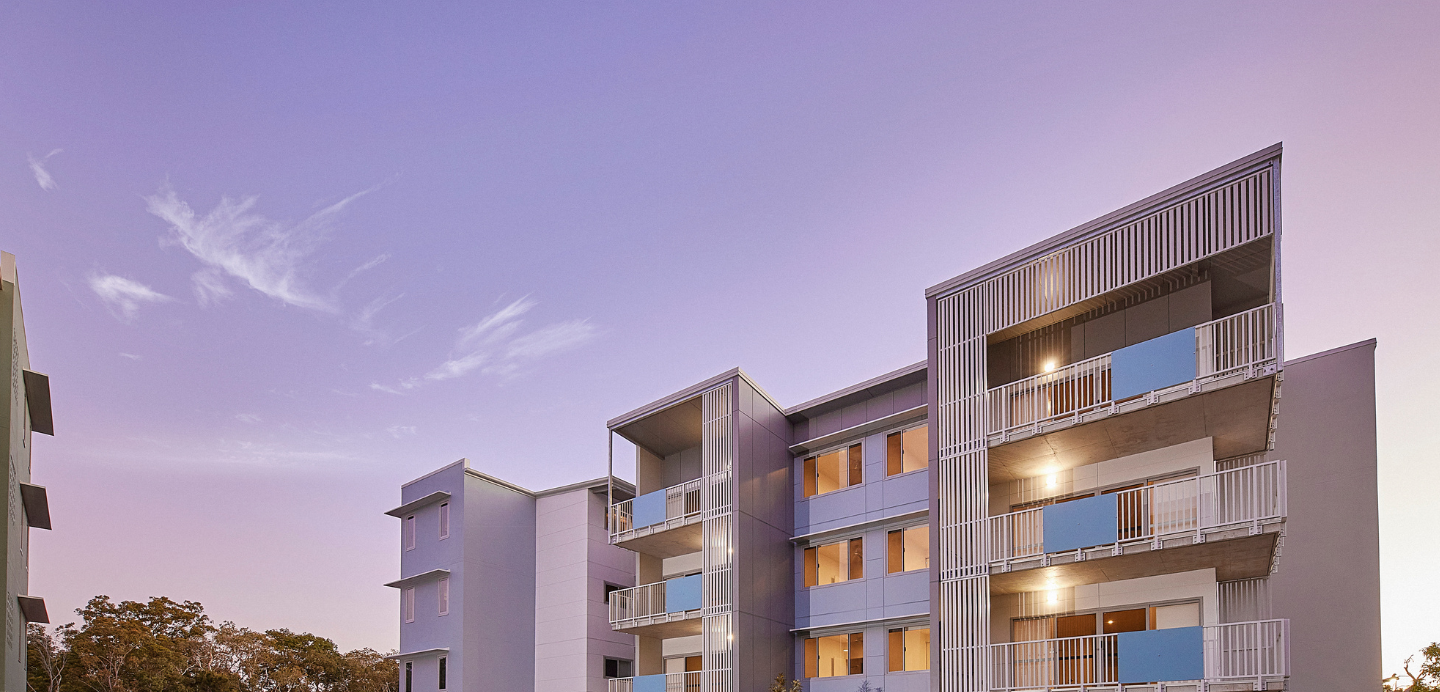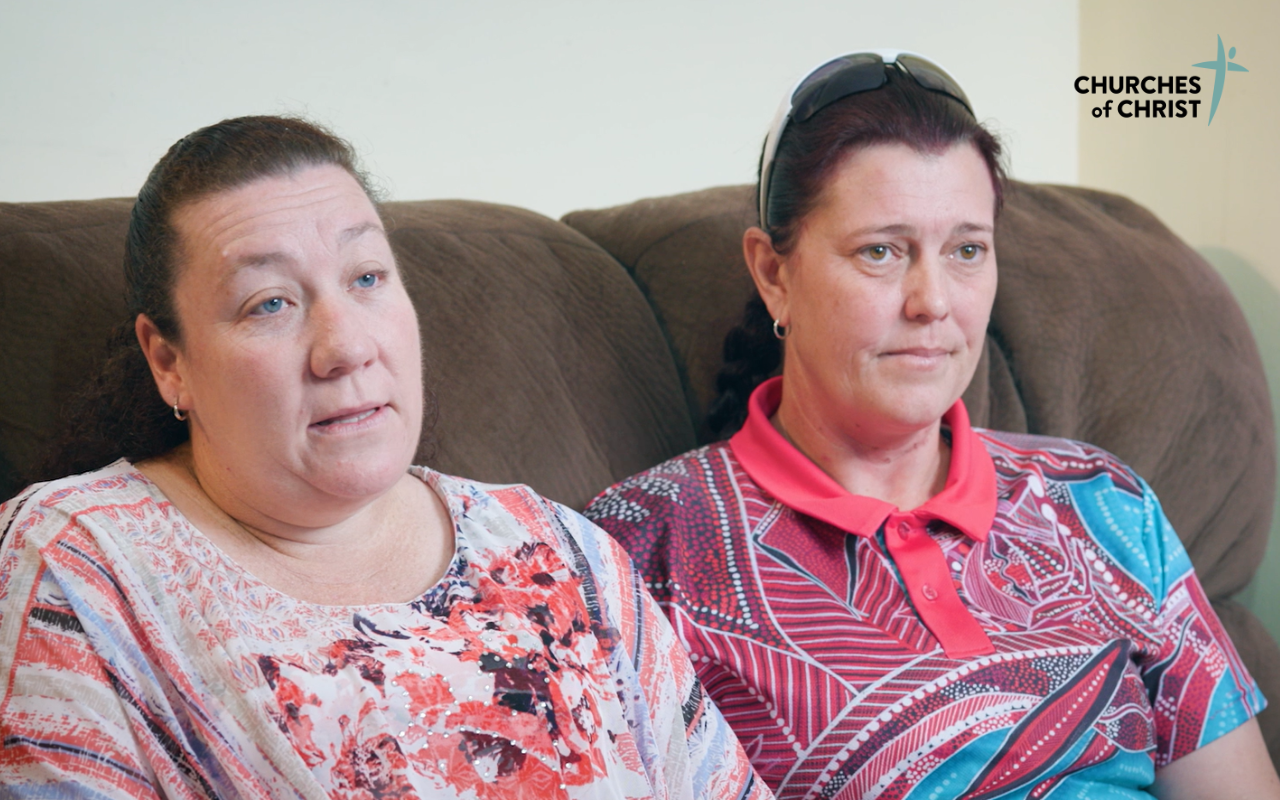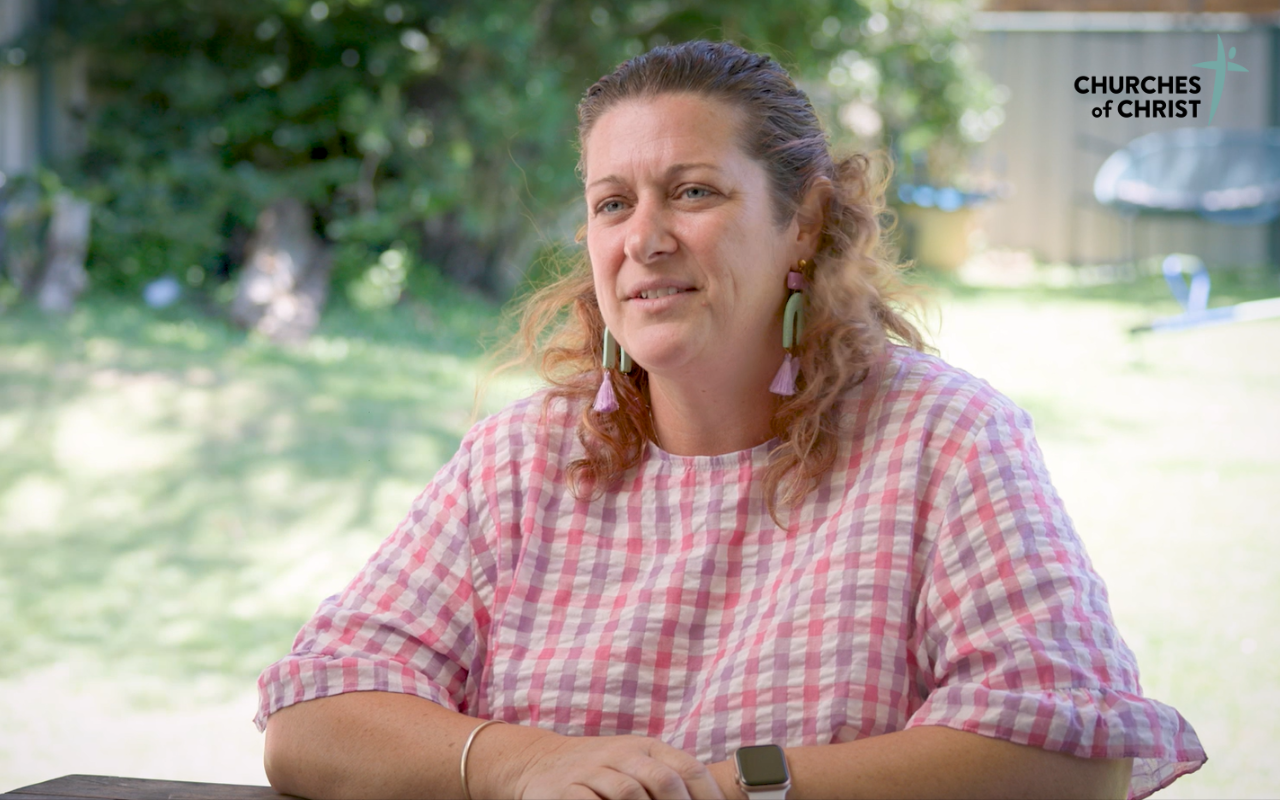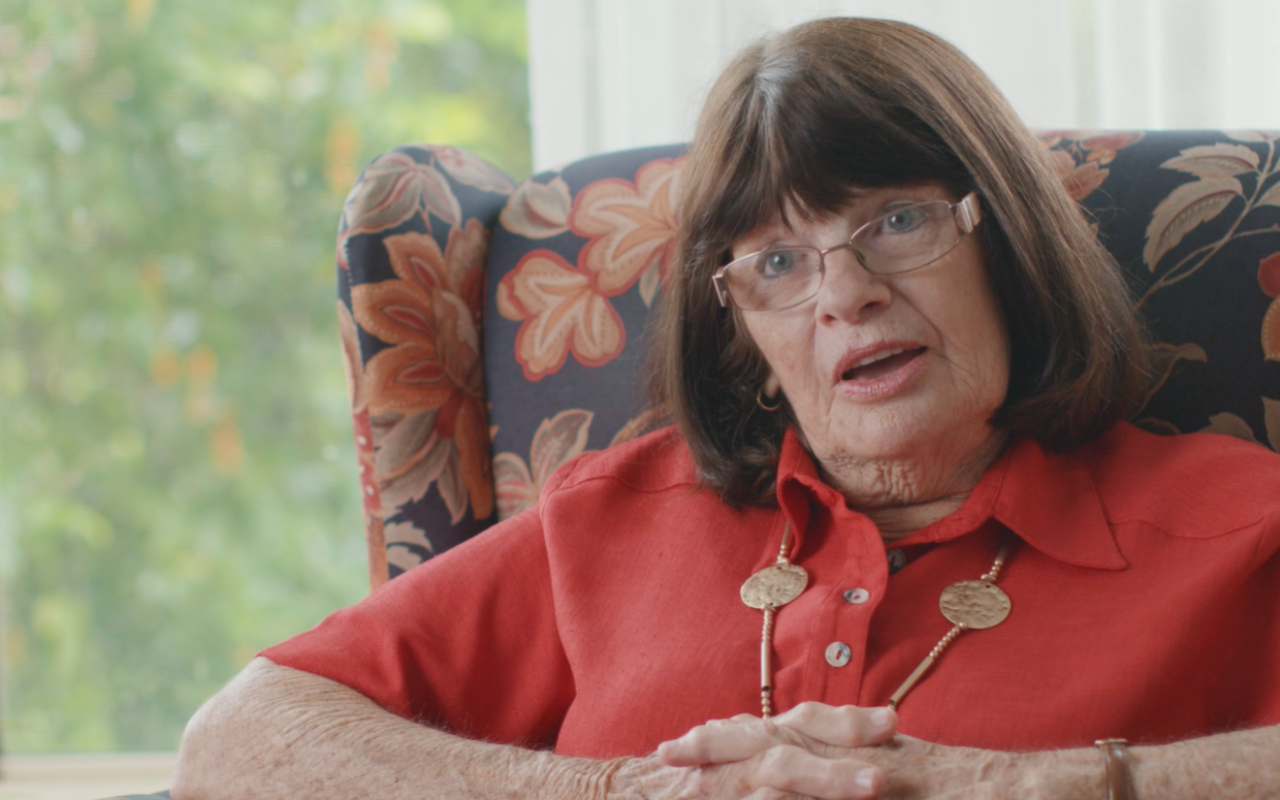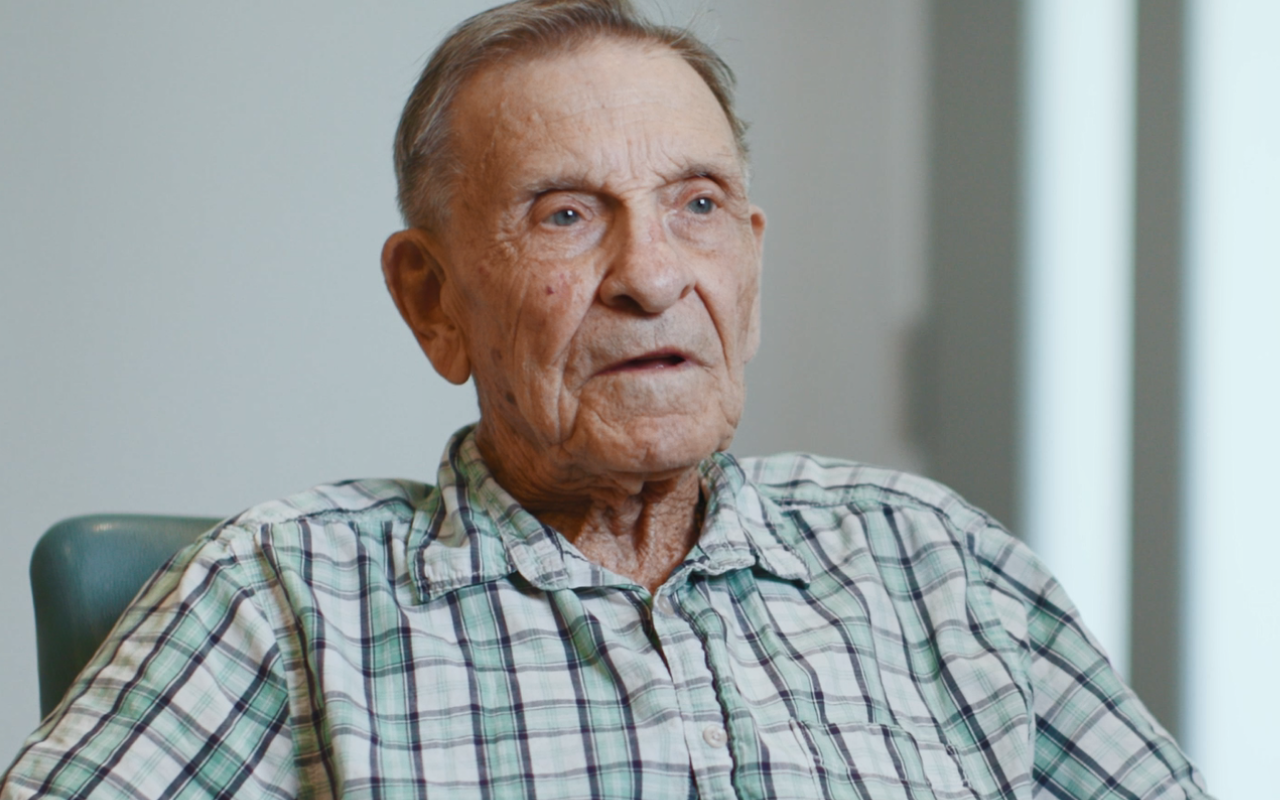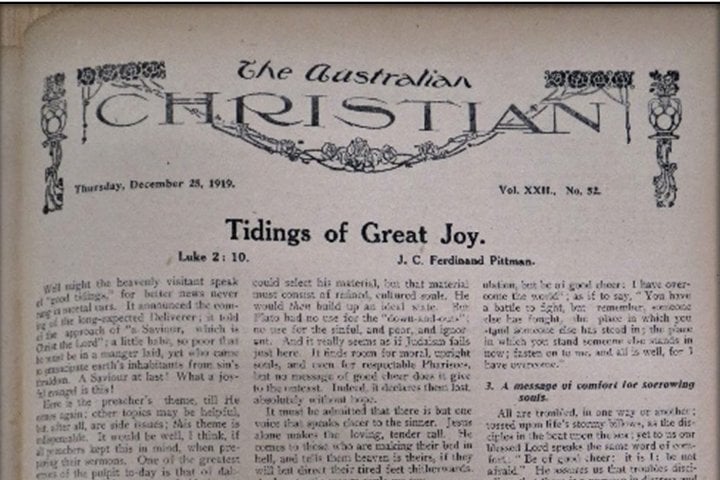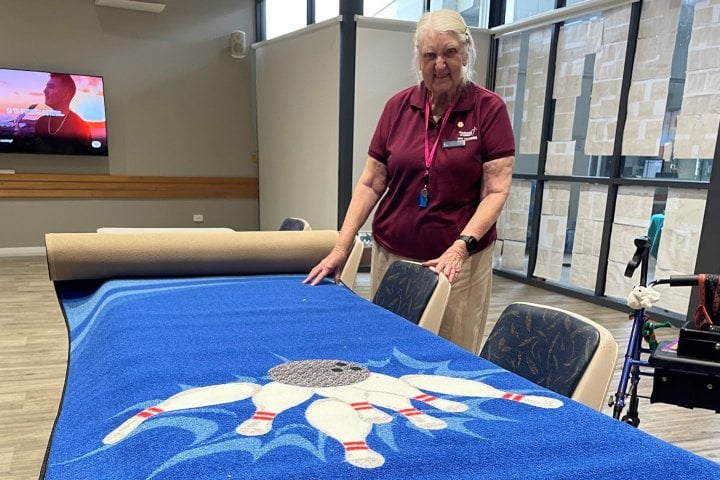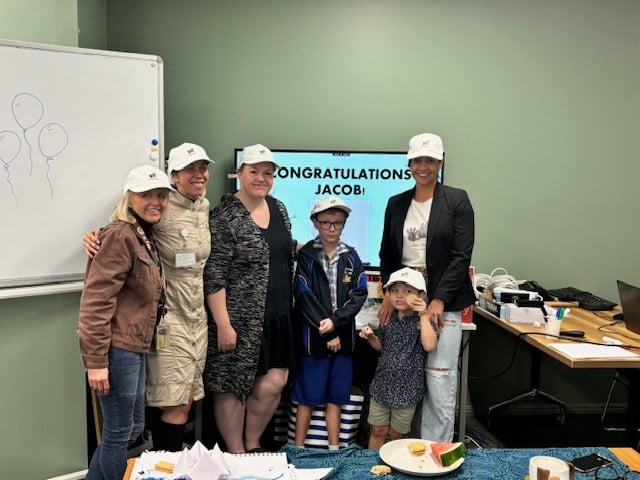We are with you every step of the way.
Retirement and aged care
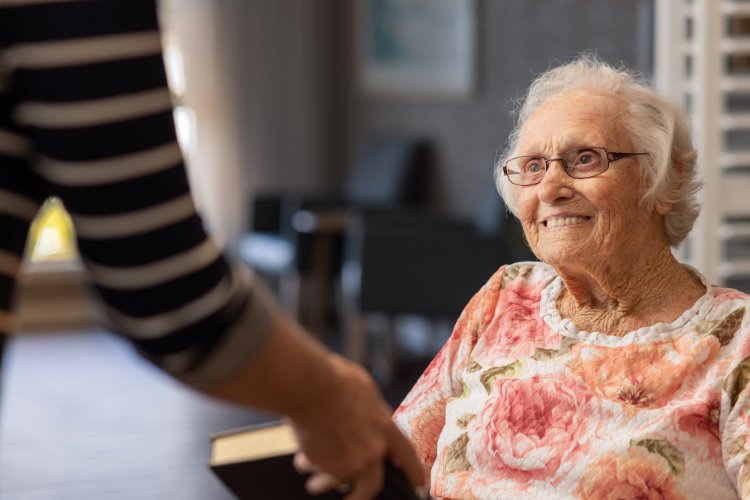
Foster and kinship care

Youth support

Social housing
Our churches
Hear from our people.
Tune in below to hear stories of change.
scroll for more

Want to make a difference through your career?
Would you like a career where you can make a real difference to the lives of people of all ages across Queensland and Victoria? Explore our career pathways and current vacancies to begin your journey with Churches of Christ.
Explore current opportunities